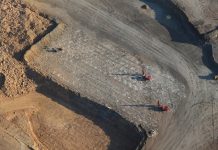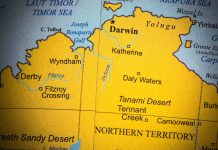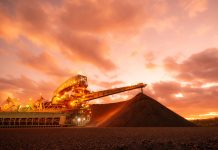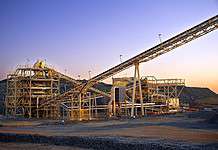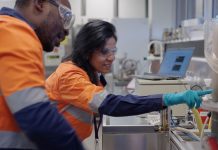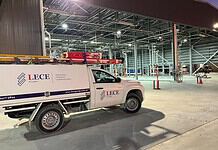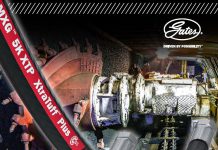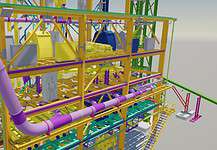Rio Tinto to develop BioIron™ R&D facility in WA
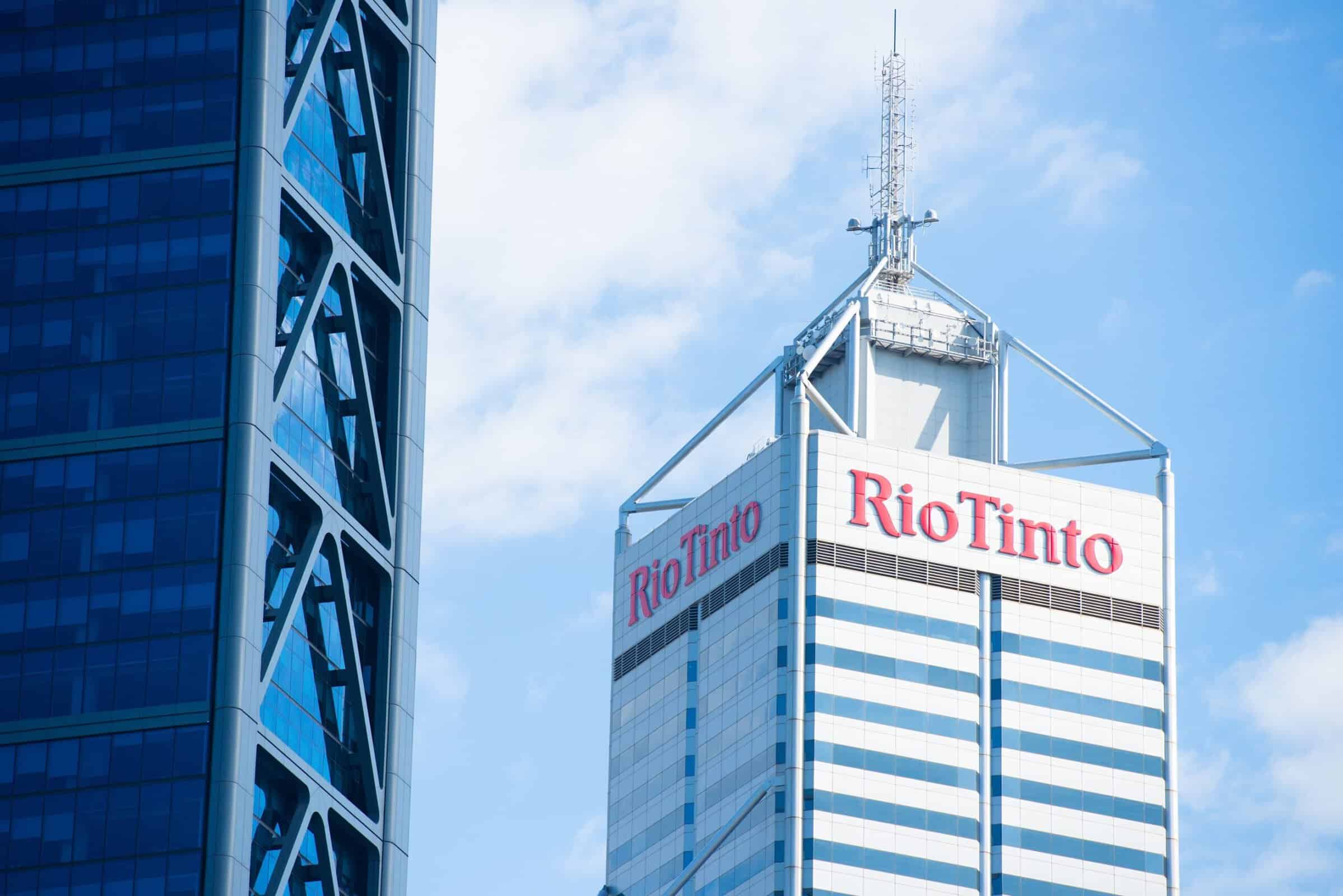
Rio Tinto (ASX: RIO) will invest $215m (US$143m) to develop a research and development facility in WA to further assess the effectiveness of its low-carbon ironmaking process, BioIron™.
The development of the facility, located in the Rockingham strategic industrial area, follows successful trials of the ironmaking process in a small-scale pilot plant in Germany.
BioIron™ uses raw biomass and microwave energy instead of coal to convert Pilbara iron ore to metallic iron in the steelmaking process.
When combined with renewable energy and carbon-circulation by fast-growing biomass, BioIron™ has the potential to reduce carbon emissions by up to 95% compared with the current blast furnace method.
It will include a pilot plant that will be 10 times bigger than its predecessor in Germany and will be the first time the steelmaking processes has been tested at a semi-industrial scale, capable of producing 1t of direct iron per hour.
Rio iron ore chief executive Simon Trott commented on the facility.
“The world needs low-carbon steel to reach net zero, and we are working to make this a reality by finding better wats to turn our Pilbara ores into steel,” he said.
“BioIron™ is a world-first technology that has the potential to play a significant role in a low-carbon steel future.
“This research and development facility will further test the BioIron™ process, showcase WA’s innovation capability and further demonstrates Rio Tinto’s commitment to supporting and enabling the decarbonisation of the steel industry.”
The plant was designed in collaboration with the University of Nottingham, Metso Corporation and WA engineering company Sedgman Onyx.
Fabrication of the equipment will begin this year with commissioning expected in 2026.
The research and development facility will employ around 30 full-time employees and include space for equipment testing to support further scaling up of the BioIron™ technology.

